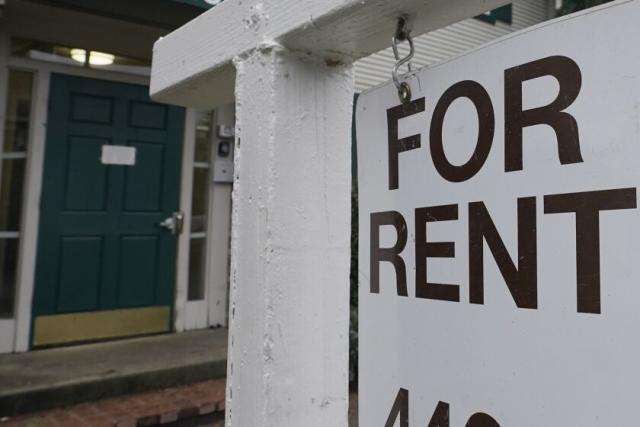California moves closer to requiring new pollutant-warning labels for gas stoves

California lawmakers are considering a new requirement that all new gas stoves sold in the state must carry a warning label highlighting the pollutants they emit, which have been linked to respiratory illnesses.
Under the proposal, approved by the state Assembly, gas stoves or ranges manufactured or sold online after 2024, or in stores after 2025, would need to carry this warning label. The bill now moves to the state Senate for further consideration.
Supporters argue that such a label is crucial for addressing childhood asthma and other respiratory issues, providing consumers with necessary information to make informed decisions about their appliances. However, opponents claim the measure is unnecessary, advocating instead for improved ventilation in buildings to enhance air quality.
Assemblymember Gail Pellerin, a Democrat representing part of Santa Cruz County, emphasized the importance of informing consumers about the health risks associated with gas stoves. The proposed label would caution users about the potential dangers of breathing in chemicals like nitrogen dioxide, carbon monoxide, and benzene, which can exacerbate respiratory illnesses and increase the risk of conditions like leukemia and asthma, especially in children. It would also highlight the role of ventilation in reducing exposure to these pollutants.
Gas stoves have been a focal point of debates concerning climate policy, public health, and consumer choice. While some jurisdictions, like Berkeley, California, have attempted bans on natural gas in new construction, legal challenges have impeded their implementation. The proposed warning label draws inspiration from similar efforts in other states, such as New York, which passed legislation prohibiting natural gas stoves and furnaces in most new buildings starting in 2026.
While critics argue that cooking with gas generates pollutants regardless of labeling, proponents assert that the evidence linking gas stove emissions to respiratory problems warrants greater awareness and regulation. Dr. Lisa Patel, a pediatrician and executive director of the Medical Society Consortium on Climate and Health, likens the controversy over gas stoves to past battles over tobacco and seatbelt regulations, emphasizing the importance of prioritizing public health in policy decisions.




